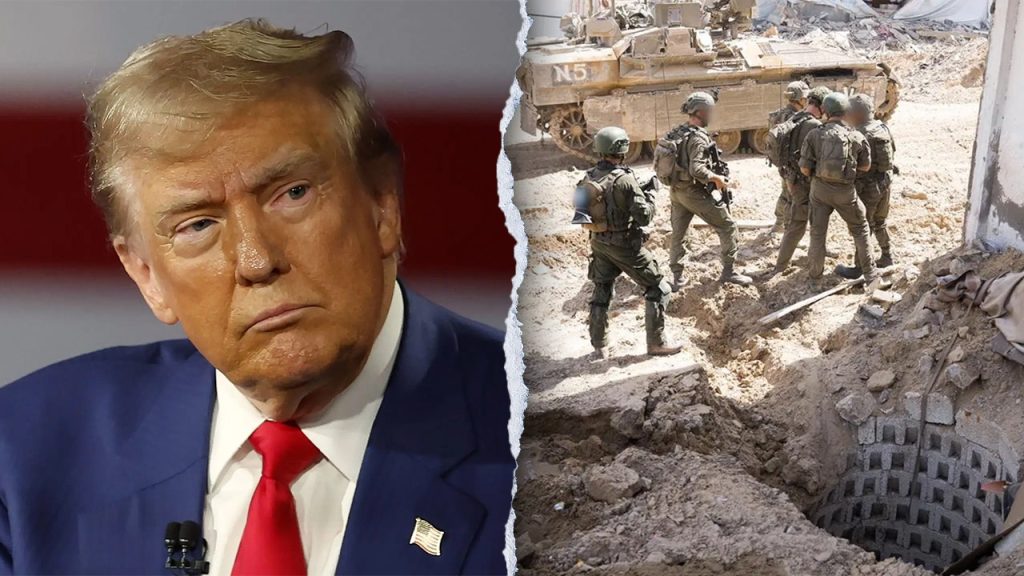As Israel approaches the end of its military operations in Gaza, the focus shifts to what will happen after the war. With nearly 1.9 million people displaced within Gaza, the international community is closely watching as Israel prepares for the post-conflict period. The future of Gaza is said to depend heavily on the policy of the incoming Trump administration. Security officials believe that President Trump’s approach could enable new possibilities to increase pressure on Hamas and shape Gaza’s future. There is a consensus that a clear strategy is needed for the post-conflict period to prevent the cycle of conflict from continuing.
Israel’s Defense Minister, Israel Katz, has outlined a vision for Gaza’s future where Israel would retain security control but with new governance structures. The possibility of Egypt and the Palestinian Authority creating a “technocratic” body to oversee Gaza’s reconstruction is being discussed. This body would be independent of Hamas’s control, signaling a potential shift in Gaza’s power dynamics. Israeli officials have emphasized that while Israel will maintain security control, there are no plans to re-establish settlements in Gaza. Suggestions to involve Arab countries like the UAE, Saudi Arabia, and Egypt in Gaza’s reconstruction have also been made.
Various plans for Gaza’s future have been proposed, with differing opinions on the best approach. Retired Major General Giora Eiland advocates for a militaristic strategy involving a siege of Gaza’s northern region to force Hamas to submit. Eiland believes this could lead to the freeing of hostages and potentially weaken Hamas. However, critics warn that such an approach could worsen Gaza’s humanitarian crisis and may not align with international law. Major General (res.) Amos Yadlin supports a diplomatic solution involving Palestinian technocrats mentored by Arab states to stabilize Gaza post-Hamas.
The role of the Palestinian Authority in Gaza’s future remains a topic of debate, with Israeli officials excluding them from any potential governance structure. This raises questions about Gaza’s future governance and political stability, particularly as Israel favors a technocratic approach. The UAE has emerged as a key player in Gaza’s future, with its involvement in humanitarian aid and reconstruction efforts drawing attention. However, security concerns remain a top priority for Israel, as they aim to prevent Hamas from regaining control and ensuring a new status quo in Gaza.
Senior IDF officials warn that without a clear strategic plan for the post-conflict period, the achievements of the military campaign could be undone. The uncertainty surrounding U.S. policy under the upcoming administration adds to the challenges of shaping Gaza’s future. The lack of a coherent strategy and the need for alternatives to Hamas are critical issues that must be addressed to prevent the conflict from recurring. The involvement of Arab countries in Gaza’s reconstruction is seen as a positive step, but it is essential to balance civil aspects with security concerns to secure a stable future for Gaza.













